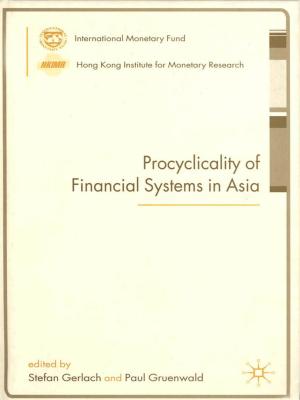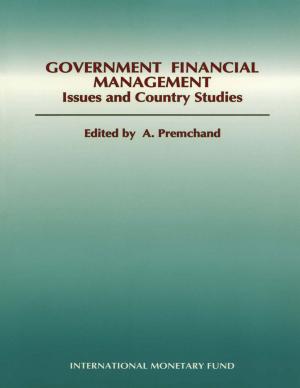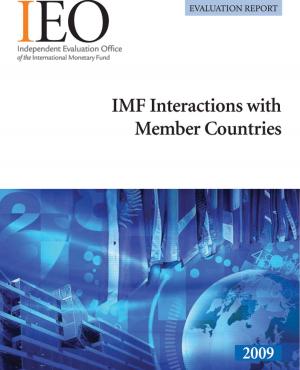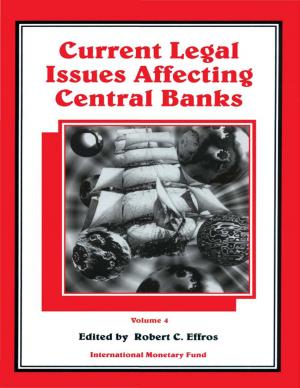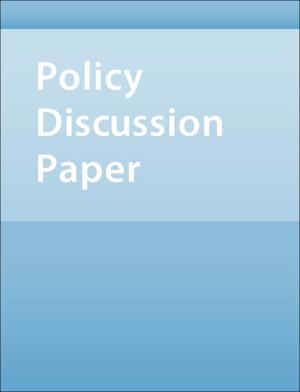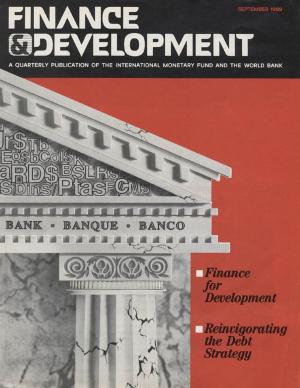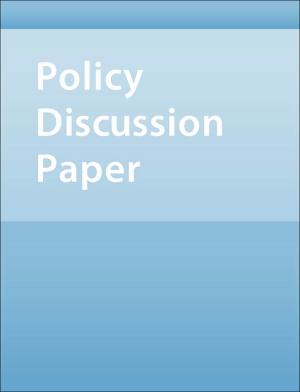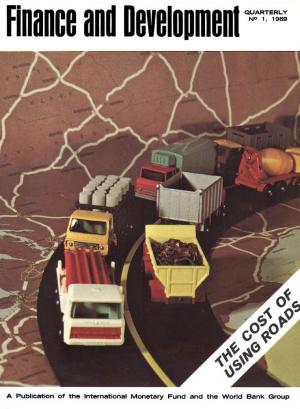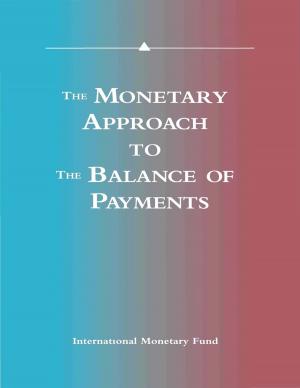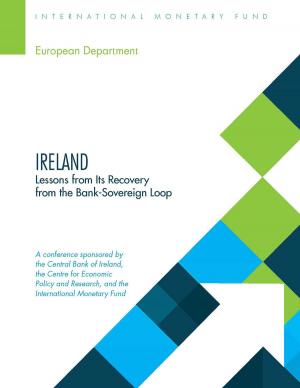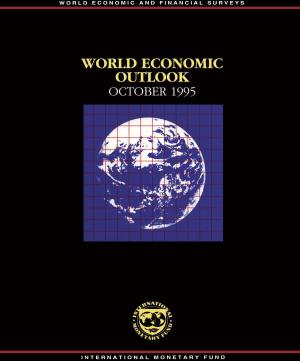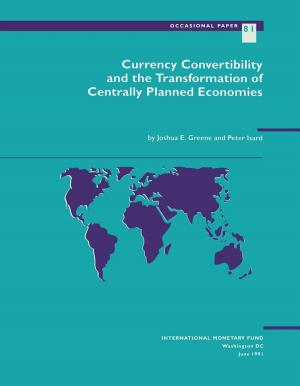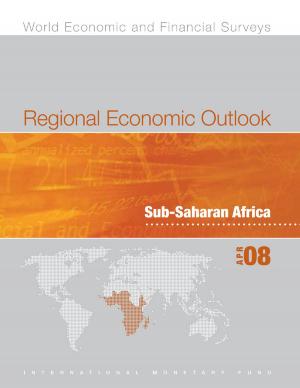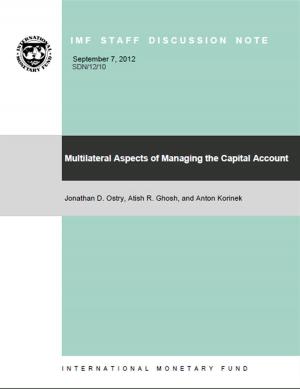Creating Policy Space in Low-Income Countries during the Recent Crises
Business & Finance, Economics, International Economics, Nonfiction, Social & Cultural Studies, Political Science, Politics, Economic Policy| Author: | Paolo Dudine, Sibabrata Das, Pritha Ms. Mitra, Yongzheng Yang, Eteri Kvintradze, Nkunde Mwase | ISBN: | 9781452715414 |
| Publisher: | INTERNATIONAL MONETARY FUND | Publication: | March 16, 2010 |
| Imprint: | INTERNATIONAL MONETARY FUND | Language: | English |
| Author: | Paolo Dudine, Sibabrata Das, Pritha Ms. Mitra, Yongzheng Yang, Eteri Kvintradze, Nkunde Mwase |
| ISBN: | 9781452715414 |
| Publisher: | INTERNATIONAL MONETARY FUND |
| Publication: | March 16, 2010 |
| Imprint: | INTERNATIONAL MONETARY FUND |
| Language: | English |
Low-income countries were hit especially hard by sharp increases in world food and fuel prices in 2007-08 and the global financial crisis that followed. In response, the International Monetary Fund scaled up its financial assistance to low-income countries and revamped its concessional lending facilities to make them more flexible in meeting the diverse needs of these countries. Creating Policy Space in Low-Income Countries during the Recent Crises assesses empirically the outcome of the IMF response, and provides insight into how IMF-supported programs in low-income countries have been adapted to the changing economic circumstances in these countries. The authors report that these programs have provided expanded policy space in the face of the global price shocks and financial crisis.
Low-income countries were hit especially hard by sharp increases in world food and fuel prices in 2007-08 and the global financial crisis that followed. In response, the International Monetary Fund scaled up its financial assistance to low-income countries and revamped its concessional lending facilities to make them more flexible in meeting the diverse needs of these countries. Creating Policy Space in Low-Income Countries during the Recent Crises assesses empirically the outcome of the IMF response, and provides insight into how IMF-supported programs in low-income countries have been adapted to the changing economic circumstances in these countries. The authors report that these programs have provided expanded policy space in the face of the global price shocks and financial crisis.

